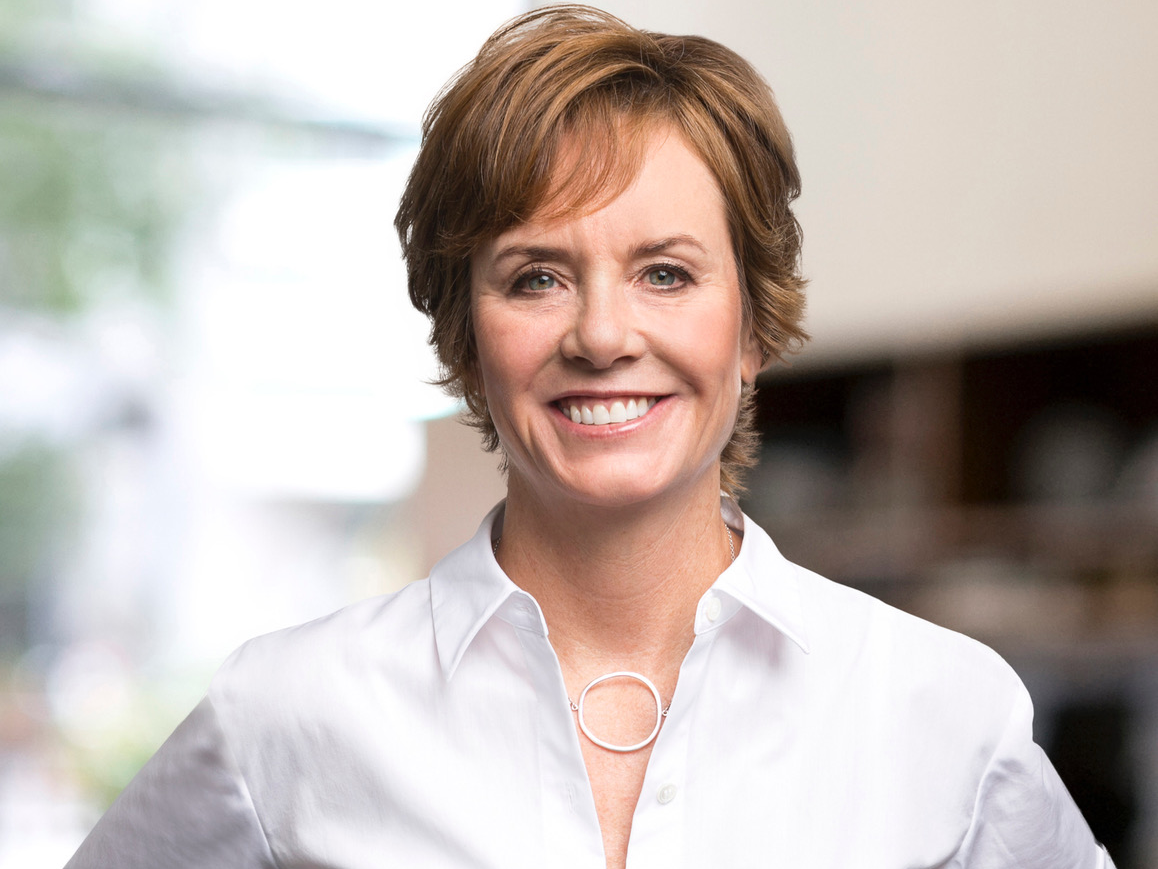- Carrie Schwab-Pomerantz is a Certified Financial Planner and president of Charles Schwab Foundation.
- She writes that girls and young women still fall behind their male counterparts when it comes to a firm financial start in life.
- Young women are actually more practical when it comes to everyday financial issues – like budgeting – but fall short on bigger financial goals.
- This gap can come from home – parents are more likely to talk to boys about more sophisticated financial matters.
- Have honest conversations with children, and educate them equally about financial matters at home.
- Visit Business Insider’s homepage for more stories.
When it comes to getting a firm financial start on life, girls and young women still lag behind their male counterparts. But the biggest surprise is that the financial gender gap often starts at home.
According to Schwab’s Financial Literacy Survey, young women express positive financial attitudes and are even ahead of young men in some areas. For instance, 67% of females versus 58% of males don’t want to be financially dependent on others, and more females (51%) than males (40%) want to live independently from their families. Young women also show a greater understanding of day-to-day financial concepts such as budgeting and spending.
Females lag behind males in saving and investing

Yet while young women are saying and doing a lot of the right things, they still tend to face more financial hurdles.
- Despite a strong desire for financial independence, 50% of young women versus 35% of young men have had to ask their parents for money for necessities like food, rent and utilities.
- Young women generally spend about 30% less than young men on a weekly basis, but they have on average far less savings than males - $1,267 versus $2,000.
And most worrisome: Despite their financial aspirations, young women are less inclined to invest. The survey found almost twice as many males as females had investment accounts and would choose to invest any spare cash.
While young women may be more practical when it comes to everyday things like spending, they're falling short on the bigger financial goals such as saving and investing. As a financial planner - and as a parent - I have to ask, "why?"
We treat boys and girls differently

Most of us say that we want to treat our girls and boys equally, but do we? Recently, the World Economic Forum explored how certain cultural factors that put girls at a disadvantage still creep into our behaviors. And a lot of it begins at home. For instance, we may espouse workplace equality, but research shows that even with something as basic as family responsibilities, girls are still expected to do more household chores than boys.
Another study found that parents tend to talk to girls about everyday money matters such as spending, earning, and family finances and to boys about more sophisticated issues such as borrowing, saving, and investing, setting up different financial expectations from an early age.
How you can even things out

If some of the problems begin at home, so do many of the solutions. First, as parents, we should have the same conversations about money with our daughters and our sons, emphasizing for each the importance of spending, saving, and investing for the long-term.
We should also treat our children as individuals and be aware that even in the same household, different kids may need different guidance. One important way to do this is to help our daughters understand the unique challenges they may face as women.
For instance, even before your daughter enters the workforce, have an honest conversation about the wage gap and other potential inequalities. Encourage her to advocate for herself and feel confident negotiating terms and salary. Discuss the importance of women taking control of their finances, especially around retirement.
Of course, young men have their challenges as well. The way to truly level the playing field is to do our best to guide all the young people in our lives to make smart money choices. Living below your means, getting started early on retirement savings, realizing the power of long-term investing to grow wealth - all of these concepts are the building blocks of a secure financial future for everyone.
The good news for parents

One encouraging finding from Schwab's survey is that young people want to be independent and are open to financial guidance - especially from their parents. And in a world where we all need to be increasingly self-reliant, it's more important than ever to be generous with our time, knowledge and experience to help our kids - both male and female - gain financial confidence. Our awareness and engagement now will not only help them, but future generations as well.
Carrie Schwab-Pomerantz is a Certified Financial Planner and president of Charles Schwab Foundation.


